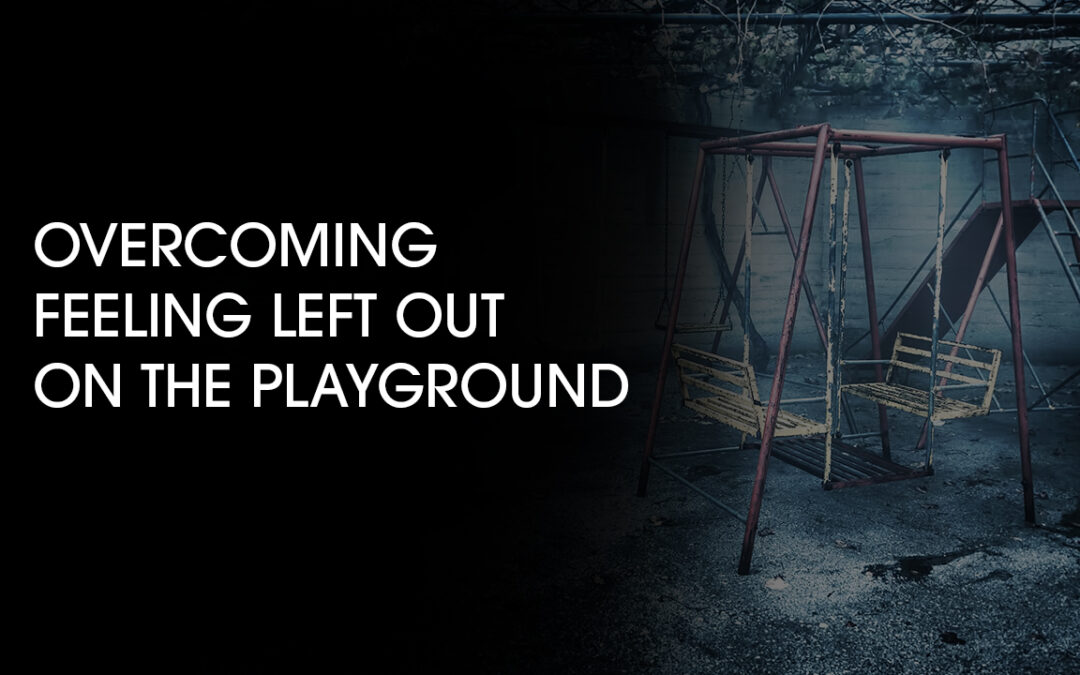
Overcoming Feeling Left Out on the Playground
Recess had transformed into an adventurous quest as our team endeavored to unlock the entrance to a mystical realm. Armed with four distinct toys, each holding a vital piece of the code, we were engrossed in a thrilling challenge. As the designated “math person,” one teammate eagerly took on the task of combining mathematics with constructing a Lego structure, a task squarely in his wheelhouse.
Immersed in his project, he was acutely aware of the bustling activity around him. It appeared that the rest of the team would complete their tasks before he made significant progress. The complexity of his challenge was mounting, and his focus began to wane. Feeling sidelined by the group’s excitement, he contemplated switching tasks to contribute more visibly and regain a sense of involvement.
Soon, a revelation struck—he wasn’t alone in his frustrations. Each member felt bogged down, perceiving themselves as the sole struggler amid a sea of success. This was a mirage; the reality was that everyone was grappling with their own challenges. Realizing this, we shifted our approach, collaborating on the more demanding tasks, which fostered a renewed sense of unity and progress. In the nick of time, our combined efforts paid off—we unlocked the door and stepped into the enchanting realm that awaited us.
This experience mirrors frequent scenarios in both personal and professional environments where individuals feel isolated in their struggles. The frustration intensifies when it seems others are excelling effortlessly, which can lead to a desire to disengage and feelings of resentment. However, it’s essential to recognize that these perceptions are often skewed by our internal narratives.
Developing emotional intelligence is crucial; it enables us to understand that stress and frustration are often self-induced. Acknowledging this helps us maintain independence and resilience in the face of challenges. Furthermore, increasing our awareness of others’ emotions allows us to see that they, too, might be silently struggling.
Effective communication about our challenges can illuminate shared difficulties, fostering a supportive environment. Sometimes, realizing that others are also in need can shift our perspective from feeling excluded to being proactive supporters. Ultimately, the sensation of being left out on the playground is within our control to change, empowering us to transform perceptions and enhance collective success.
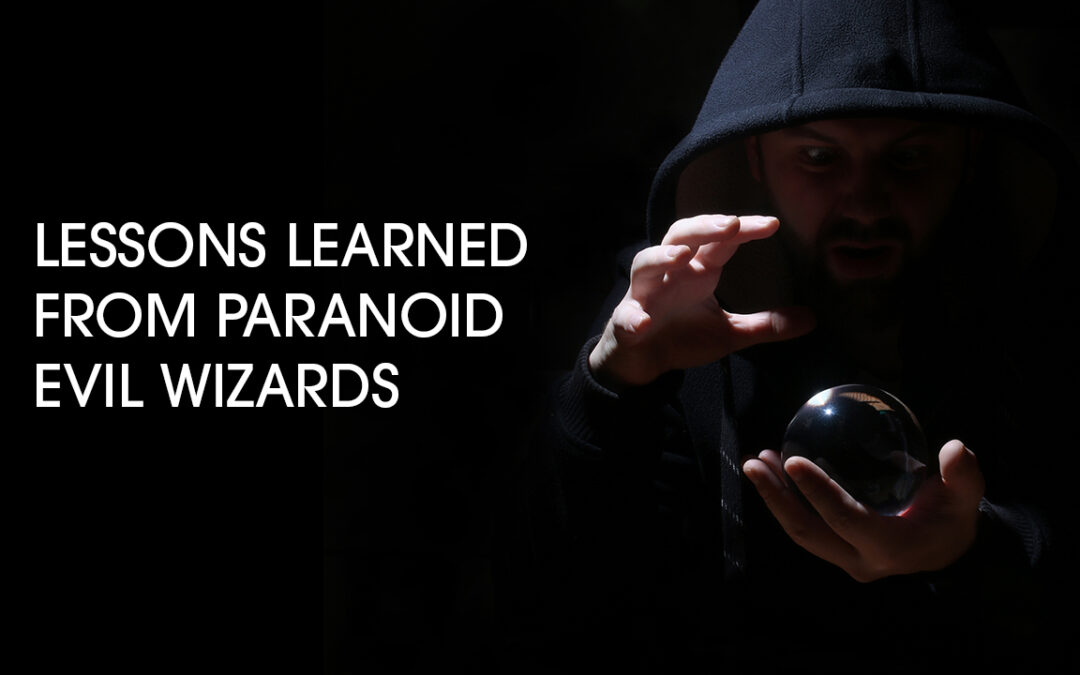
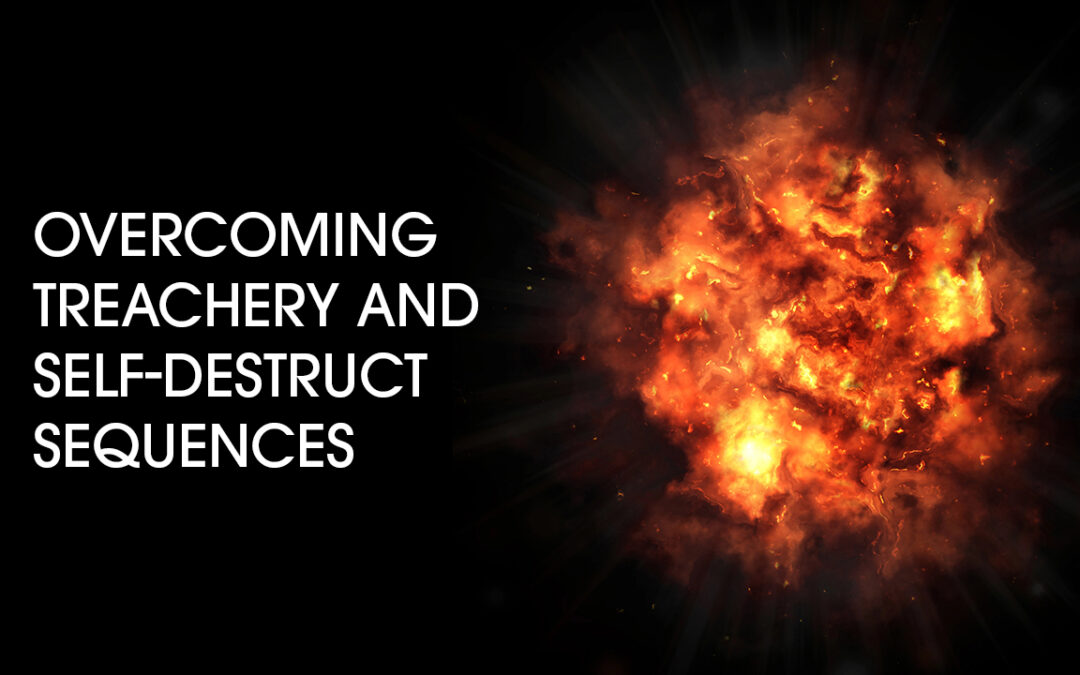
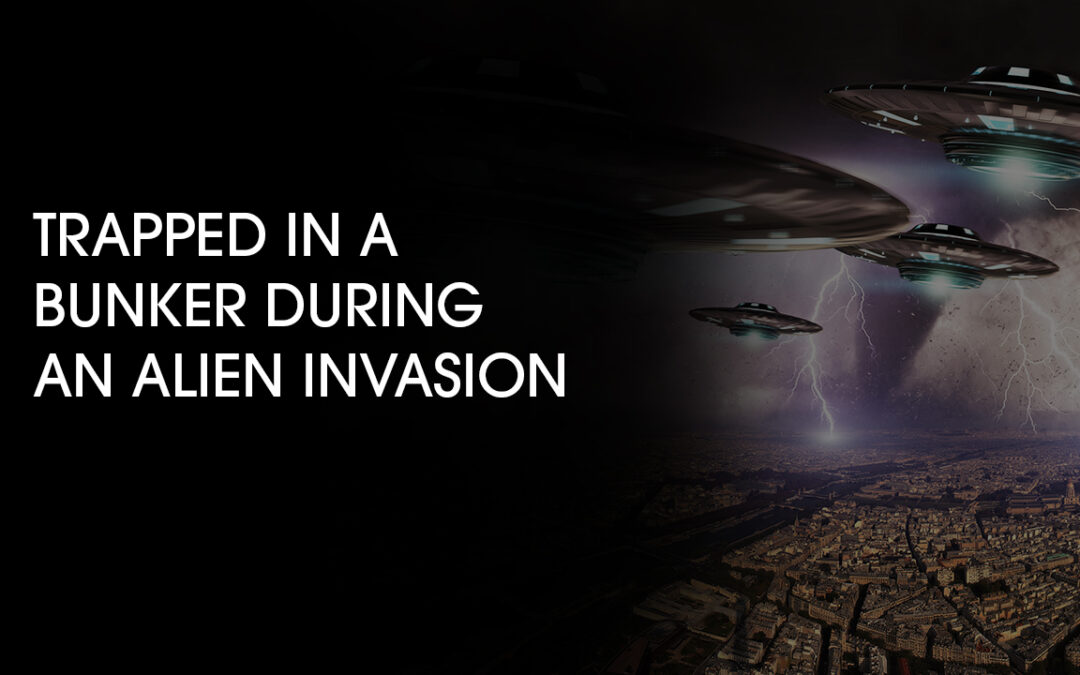
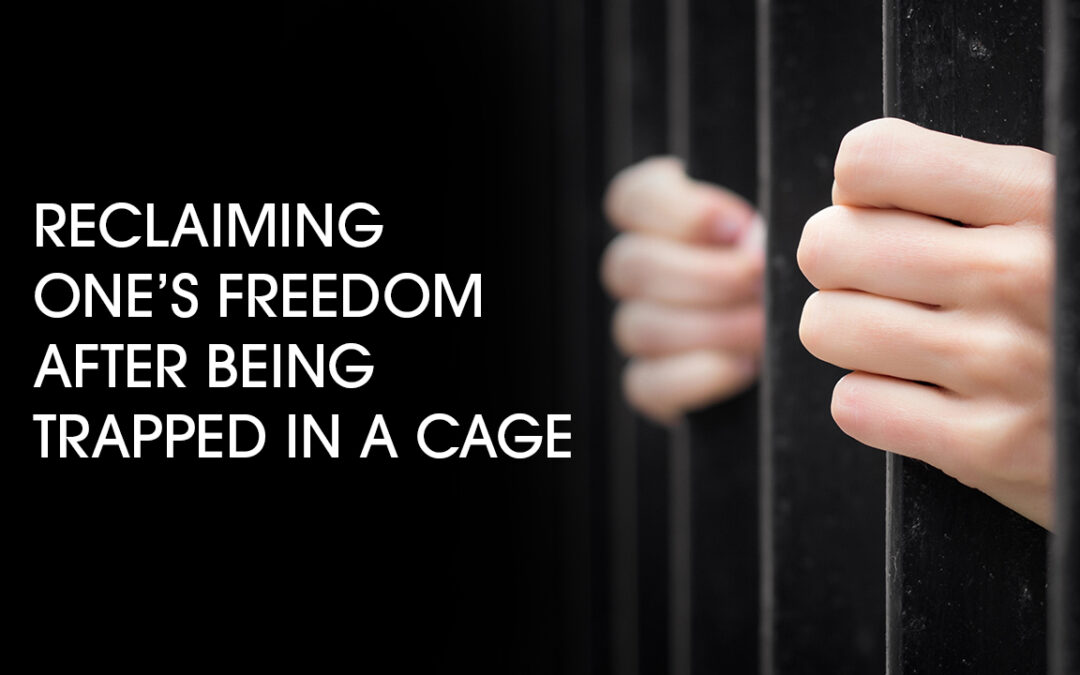

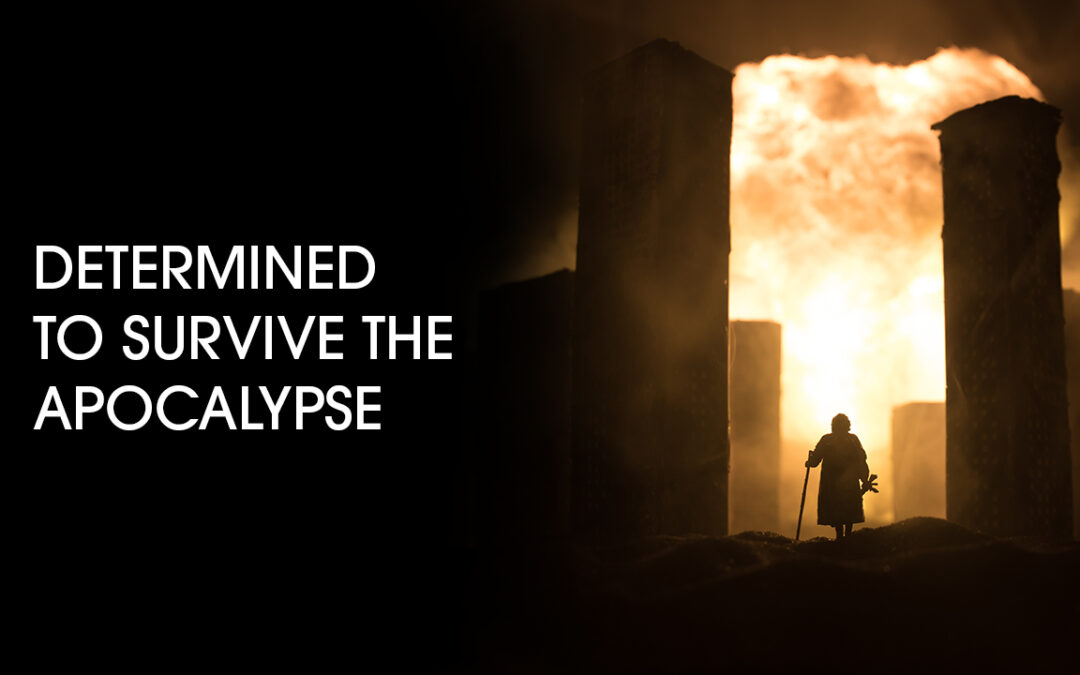
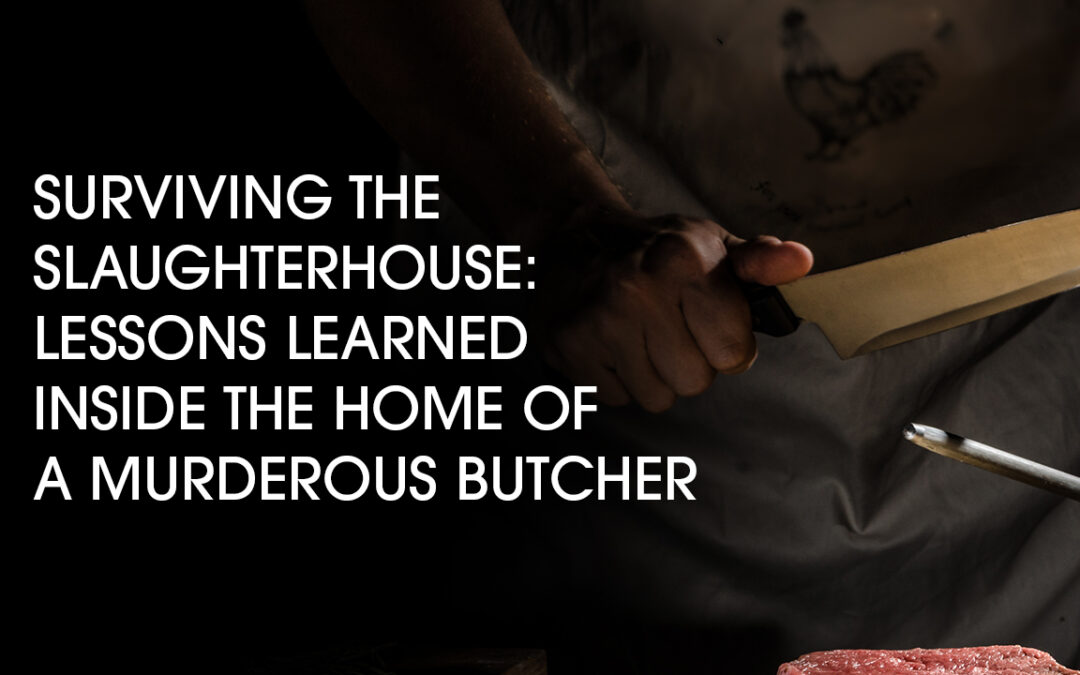


Recent Comments